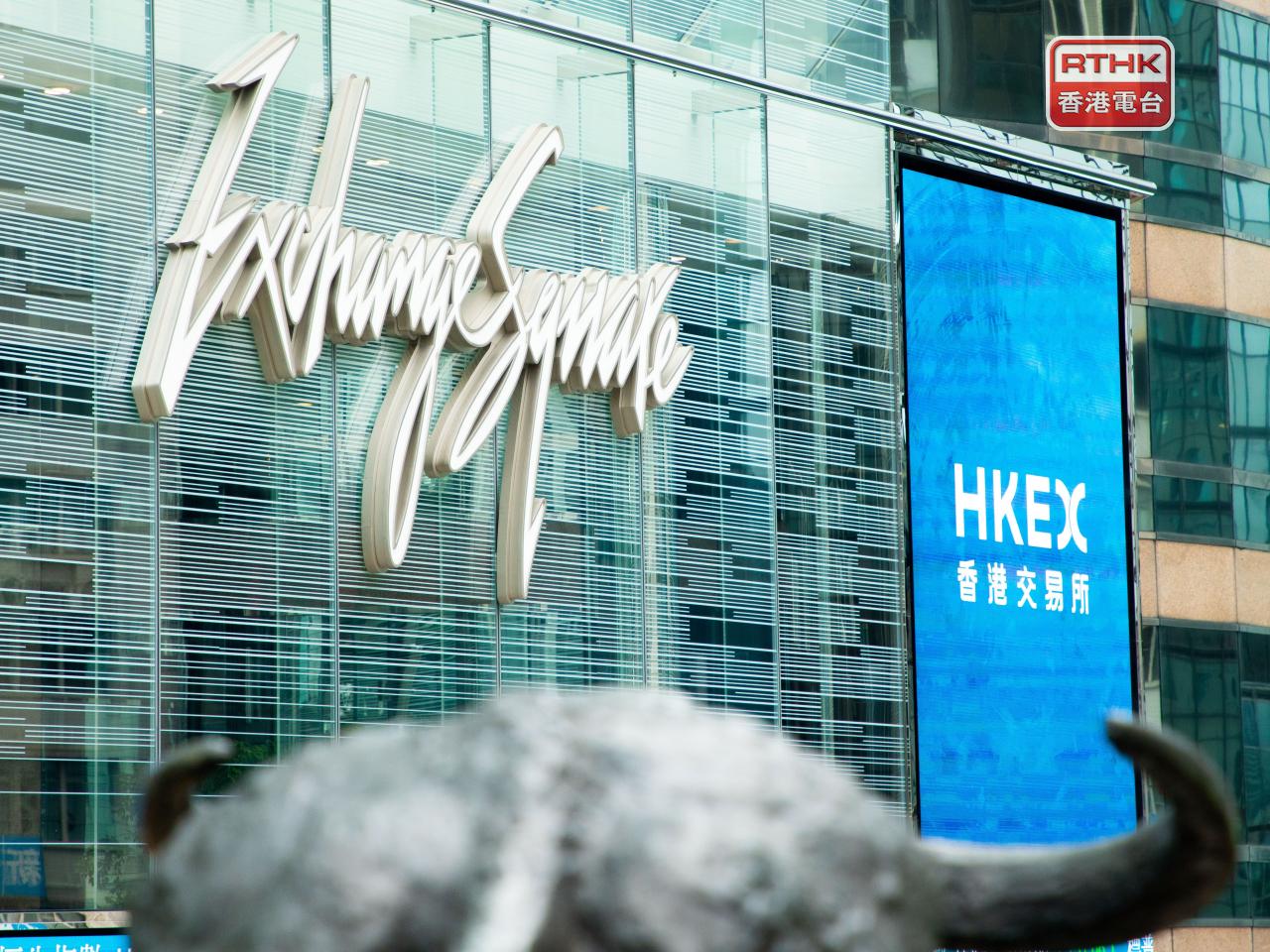Hong Kong stocks rose the most in two months on Monday while mainland shares rebounded following last week's heavy selloff, as signs of easing trade tensions strengthened bets that US President Donald Trump will once again back down from his tariff threats.
The benchmark Hang Seng Index ended trading up 611 points, or 2.42 percent, at 25,858 on Monday, the biggest percentage rise since mid-August. Tech shares led gains, with the Hang Seng Tech Index jumping 3 percent.
The benchmark Shanghai Composite Index was 0.63 percent up at 3,863 while the Shenzhen Component Index closed 0.98 percent higher at 12,813.
The ChiNext Index, tracking China's Nasdaq-style board of growth enterprises, gained 1.98 percent to close at 2,993.
Investors are also fixated on a Communist Party of China leadership meeting, which started on Monday, that will map China's five-year vision, as authorities released third-quarter economic data that was in line with forecasts.
US Treasury Secretary Scott Bessent said on Friday he expects to meet this week with Vice Premier He Lifeng to try to forestall an escalation of US tariffs on Chinese goods that Trump said was unsustainable.
Last week, Hong Kong and mainland stocks posted their biggest weekly drop since April as Trump threatened 100 percent tariffs on Chinese exports.
"Trump will definitely back down," said Yuan Yuwei, hedge fund manager at Water Wisdom Asset Management.
"A hard decoupling will push up US inflation and inflict pain on ordinary Americans."
Official data published on Monday showed China's economy grew 4.8 percent in the third quarter.
All eyes are now on the so-called fourth plenum, a gathering of top party officials, from Monday to Thursday, which will review a proposed roadmap for China in 2026-2030.
The Five-Year Plan is China's strategy map that "tells you where the leaders are going to be directing capital, talent and subsidies," said Megan Le, a London-based senior equity analyst at GIB Asset Management.
"If policymakers have the same messaging around innovation and self-sufficiency, commitment to capital markets and shareholder returns, it is quite a nice support for investors." (Reuters/AFP)





